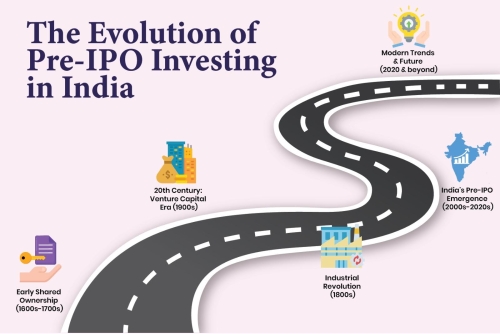Veganism is a lifestyle that goes beyond just the food you eat. It is a philosophy that seeks to eliminate animal exploitation and cruelty in all forms, including clothing, cosmetics, entertainment, and other industries. While veganism has gained popularity in recent years, there is still confusion about what it means to be vegan. In this blog post, we’ll unpack the true meaning of veganism and explore why it is more than just a diet.
At its core, veganism is about living a compassionate and ethical lifestyle. Vegans believe that animals have the right to live their lives without being used or harmed for human benefit. This means avoiding products that are made from or tested on animals, such as leather, wool, silk, and cosmetics that contain animal-derived ingredients. Vegans also choose not to support industries that exploit animals for entertainment, such as zoos, circuses, and aquariums.
While veganism is often associated with a plant-based diet, it is important to note that being vegan is not just about what you eat. It’s about recognizing the impact our choices have on the world around us and striving to minimize harm to animals and the environment. For example, many vegans choose to use eco-friendly and sustainable products to reduce their carbon footprint and promote a more ethical lifestyle.
The health benefits of a vegan diet are also well-documented. Plant-based foods are rich in essential vitamins, minerals, and nutrients that can help reduce the risk of chronic diseases such as heart disease, diabetes, and cancer. Vegans also tend to have lower rates of obesity and high blood pressure, as well as higher levels of energy and overall well-being.
However, it’s important to note that a vegan diet isn’t automatically healthy. Just because a food is vegan doesn’t mean it’s nutritious or good for you. It’s important to choose a variety of whole foods, including fruits, vegetables, whole grains, and plant-based proteins, to ensure you’re getting all the essential nutrients your body needs.
In addition to the ethical and health benefits of veganism, it is also a powerful way to reduce our impact on the environment. Animal agriculture is a leading cause of deforestation, water pollution, and greenhouse gas emissions, making it a significant contributor to climate change. By choosing plant-based foods and products, we can help reduce our carbon footprint and promote a more sustainable future.
In conclusion, veganism is more than just a diet. It is a lifestyle that promotes compassion, ethical behavior, and a commitment to reducing harm to animals, the environment, and ourselves. Whether you’re considering going vegan or are already a committed vegan, it’s important to remember that every small action we take can make a difference. By choosing plant-based foods and products, we can work towards a kinder, healthier, and more sustainable world for all.












